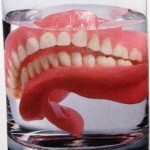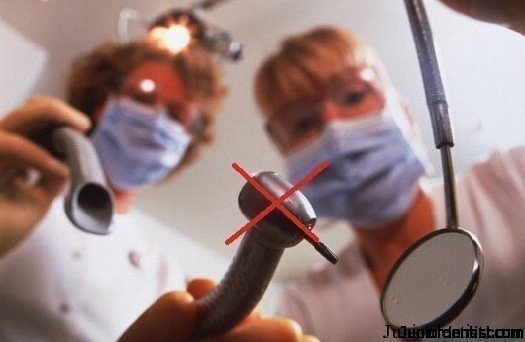Mastication
Posted on August 18th, 2008 in Definitions
Mastication: The grinding or chewing of the solid food particles between the maxillary and mandibular teeth which is then converted into digestible size and softening of food.
The solid food which we take in is transformed to digestible size particles by chewing and also with the help of saliva which contains many enzymes which digest the Carbohydrates and basic molecular particles of the food and form bolus which is the product of the primary digestion by the saliva.
Masticatory forces(Bite forces) : These are the force exerted between the maxillary and mandibular teeth when teeth of both the jaws are in contact and are closed for chewing. This is measured in Newtons.
For mastication normal biting force between 100-150 N is observed for different kinds of food.
The solid food which we take in is transformed to digestible size particles by chewing and also with the help of saliva which contains many enzymes which digest the Carbohydrates and basic molecular particles of the food and form bolus which is the product of the primary digestion by the saliva.
Masticatory forces(Bite forces) : These are the force exerted between the maxillary and mandibular teeth when teeth of both the jaws are in contact and are closed for chewing. This is measured in Newtons.
For mastication normal biting force between 100-150 N is observed for different kinds of food.



